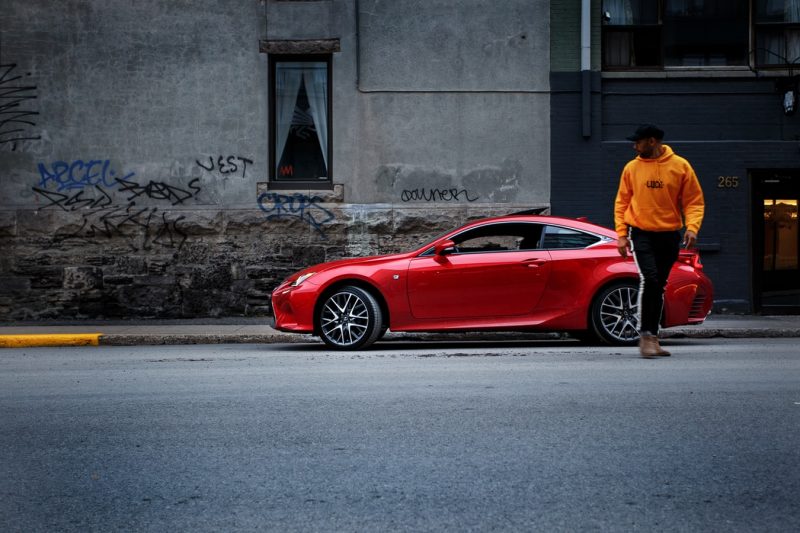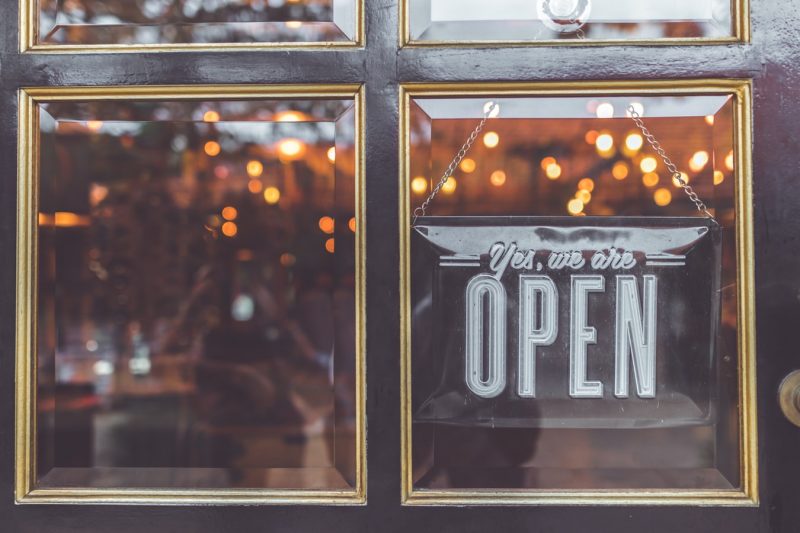News flash: If you have insurance for your car, home or business, then you are definitely covered for general liability!
This protection is the foundation to all insurance policies.
It’s the original, the OG, number one on the 10 commandments of insurance.
In today’s blog post we are going to take a deep dive into “liability” and explain how it works in layman’s terms.
We’ll look at the 4 main types of liability insurance & why they are important to carry:
- Auto Liability Insurance
- Home Liability Insurance
- Commercial General Liability Insurance
- Professional Liability Insurance
What is liability insurance?
For starters, liability protection is present on every pretty much every single policy.
When you break it down, an insurance policy is essentially a piece of paper with several protections grouped together to provide broad coverage to you and your business for multiple perils (liability, fire, water, theft, etc.)
Simply put, liability is the portion of your insurance policy that protects you in the event that you cause third party bodily injury or property damage; it covers you in case you cause damage to someone else’s stuff or if you accidentally physically hurt somebody else.
Let’s start off with car insurance and how “liability” applies here.
Auto Liability Insurance
Have you ever been pulled over by the police? Of course you haven’t 😉
For those of you that have, you probably notice the first thing they ask you for is the registration and proof of insurance.
The registration is to provide proof of who owns the vehicle, and they ask you for the insurance because it’s the law in Quebec to drive with a minimum amount of $50,000 in liability insurance.
Now, what exactly is auto liability insurance and how does it work?
If we follow the definition from above, the logic would be that your liability covers you in the event that you cause a responsible accident, because you’re damaging someone else’s stuff (their car).
Right?…
Wrong!
Think of this like an exception to a verb in the Bescherelle; the reason why liability does not cover you in this situation is because of the Direct Compensation Agreement, which according to the GAA each driver is compensated directly by his/her own insurer, regardless of who’s at fault.

Yes, that’s right, you are NEVER responsible for paying the damages to another person’s vehicle.
Even if you are 100% responsible and you admit fault, as long as the accident happens in Quebec with another car plated in Quebec each person’s car would be repaired by their own insurer.
So, what does car liability cover you for then?
In Quebec, you would be covered by the liability portion of your car insurance policy if you cause damage to any physical object, other than a Quebec plated automobile.
Here are a few examples:
- Accidentally crashing into someone’s house.
- Backing up into a commercial building and causing damage.
- Getting into an accident and damaging a light pole on a public road (this can be very costly).
- Hitting someone and causing bodily injury outside of Quebec.
The last point, “causing bodily injury outside of Quebec” is the reason why most insurers will offer you 1 or 2 million dollars in liability coverage, as opposed to the province minimum of $50,000.
It is not uncommon to see bodily injury claims in Ontario or the United States that run into the hundreds of thousands of dollars.
Home Liability Insurance
Liability insurance protection is present on every single home, condo or tenant policy, and in Quebec will usually provide either 1 or 2 million dollars in coverage.

Home liability works in a similar fashion to car liability, and covers you personally & worldwide if you cause damage to someone else’s stuff or physically harm someone else by accident.
Here are the most common examples where your liability policy would provide coverage:
Homeowners insurance
- Someone slips and falls on your driveway, sues you because they broke a few teeth.
- Your “tempo” flies away in a snow storm, causing damage to the houses of a few neighbours.
- You accidentally poke someone’s eyeball out while travelling in Florida, and they sue you for the medical expenses incurred (this actually happened).
Tenant Insurance
- You accidentally start a fire that causes damage to your landlord’s building.
Condo Insurance
- You leave your unit and forget that the sink is running, it causes $100,000 in water damages to your unit and a few units below you. Condo insurance is tricky, and we will save this subject for another day. But technically, you would be covered in this situation.
- Does liability insurance cover theft? No, it does not, but theft can be easily added onto any type of home policy.
Commercial Liability Insurance
So, where does Commercial General Liability (referred to as CGL) come into the picture and how does this general liability insurance work?
In short, liability coverage for businesses works in a very similar fashion to home insurance.
To reiterate, this coverage protects your business (not you personally) in the event that it causes bodily injury or property damage to a third party.

Let me give three real life examples of where this protection would cover you in the event of a loss:
- You own a retail store, a customer walks in, slips and falls and breaks their hip. They sue your store for $100,000 so that they are able to repair their hip. This would be covered under your CGL.
- You are a commercial tenant in a building in downtown Montreal. A fire starts in your office kitchen due to your negligence. The fire not only burns your unit, but causes damage to other tenants in the building as well. The landlord would sue your business, which would be covered under your CGL.
- Your business manufactures garage door openers. Due to the malfunction of one of your garage door openers, unfortunately a child suffers a broken arm because it closed on top of him/her. You would be sued by the child’s parents, which would be covered under the CGL portion of your policy.

The International Risk Management Institute defines commercial general liability as
“a standard insurance policy issued to business organizations to protect them against liability claims for bodily injury (BI) and property damage (PD) arising out of premises, operations, products, and completed operations”
This definition sounds more difficult than it needs to, and can be simplified as such:
If ever your business causes physical damage (something that is tangible) to either another person or the property of someone else, your liability insurance coverage will be triggered.
Here are the sub-sections of your average commercial general liability policy:
Products Completed Operations
Coverage against lawsuits brought against your company caused by either the products you sell or the services you provide.
Personal Advertising Injury
Coverage in the event you are sued in connection with the advertising of your goods or services. Most common cases are libel, slander, copyright infringement.
Tenants Legal Liability
Insurance for loss or damage that the commercial tenant causes to the rented space.
Your liability policy will cover you in the event that your business causes third party property damage or bodily injury. This is applicable to all sub sections.
It’s important to remember, these sub-sections all apply to third party property damage or bodily injury.
There is however one exception in “personal and advertising injury” which will cover you in the event you are sued for accidentally slandering someone, as an example.
Commercial liability insurance is absolutely essential to have if you are a business owner.

Professional Liability Insurance
Also referred to as errors and omissions insurance (E&O) is another form of liability coverage.
It protects your business in the event that it causes financial harm to a separate entity.
The easiest way to distinguish the difference between general liability insurance and professional liability insurance is the fact that CGL is triggered when your business causes a tangible damage, and the professional liability policy is triggered when your company causes a financial loss to another entity.
CGL versus E&O (Comparing the 2 types of liability insurance coverage)
Occurrence Policy
- Policy is triggered when the business causes tangible damage.
- Built for businesses that make/sell products.
- Manufacturers, retail stores, restaurants, distributors, landlords.
Claims-Made Policy
- Policy is triggered when the business causes non-tangible damage (like financial loss)
- Built for businesses that provide a service
- Lawyers, accountants, engineers, insurance brokers, IT consultants
Depending on which sector you work in, a professional liability policy can definitely be of use to your business, and in many circumstances is mandatory, depending on the regulatory body that governs your industry.
Why you need liability insurance
To conclude, liability coverage is present on almost all types of insurance policies, and you can purchase the protection at a very affordable cost, especially if you call us here at KBD Insurance.
Our team of commercial insurance brokers can check with multiple insurance companies to see which product liability best fits your business needs, and our team of personal lines brokers can certainly help you out with your home and car insurance.



